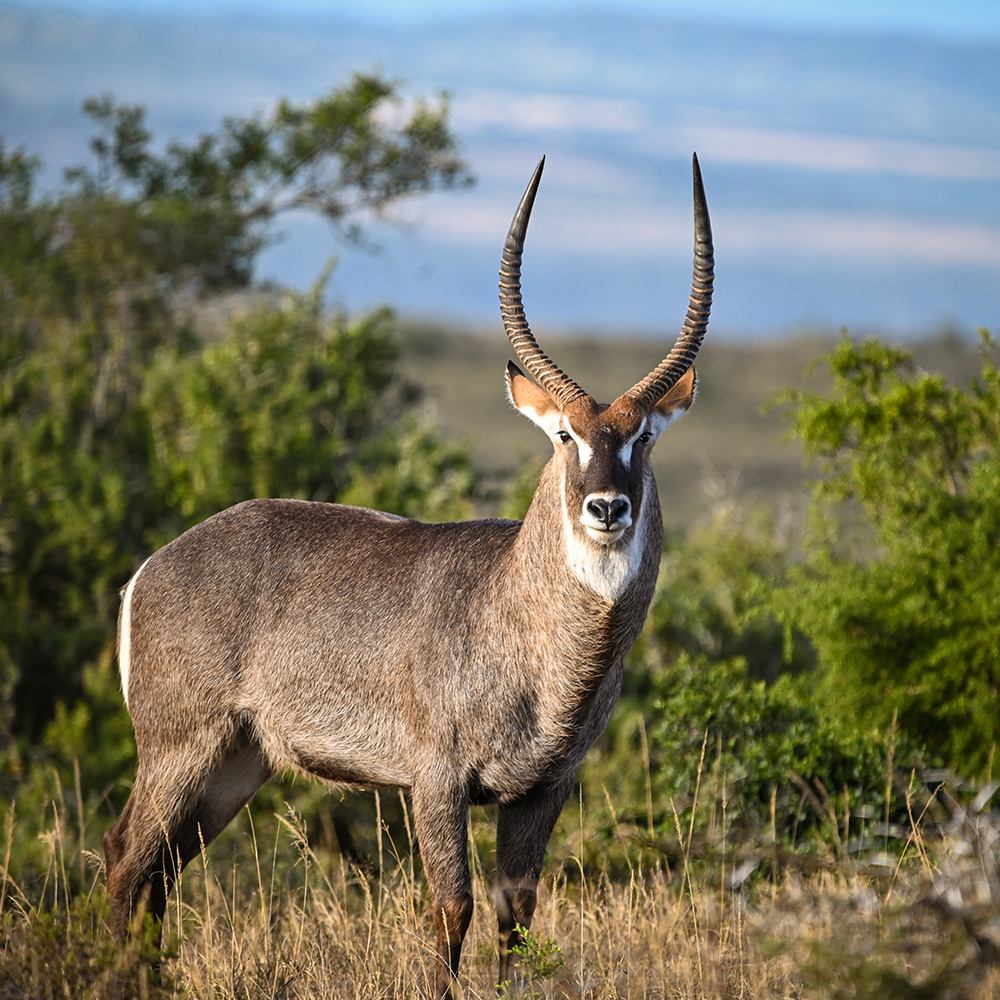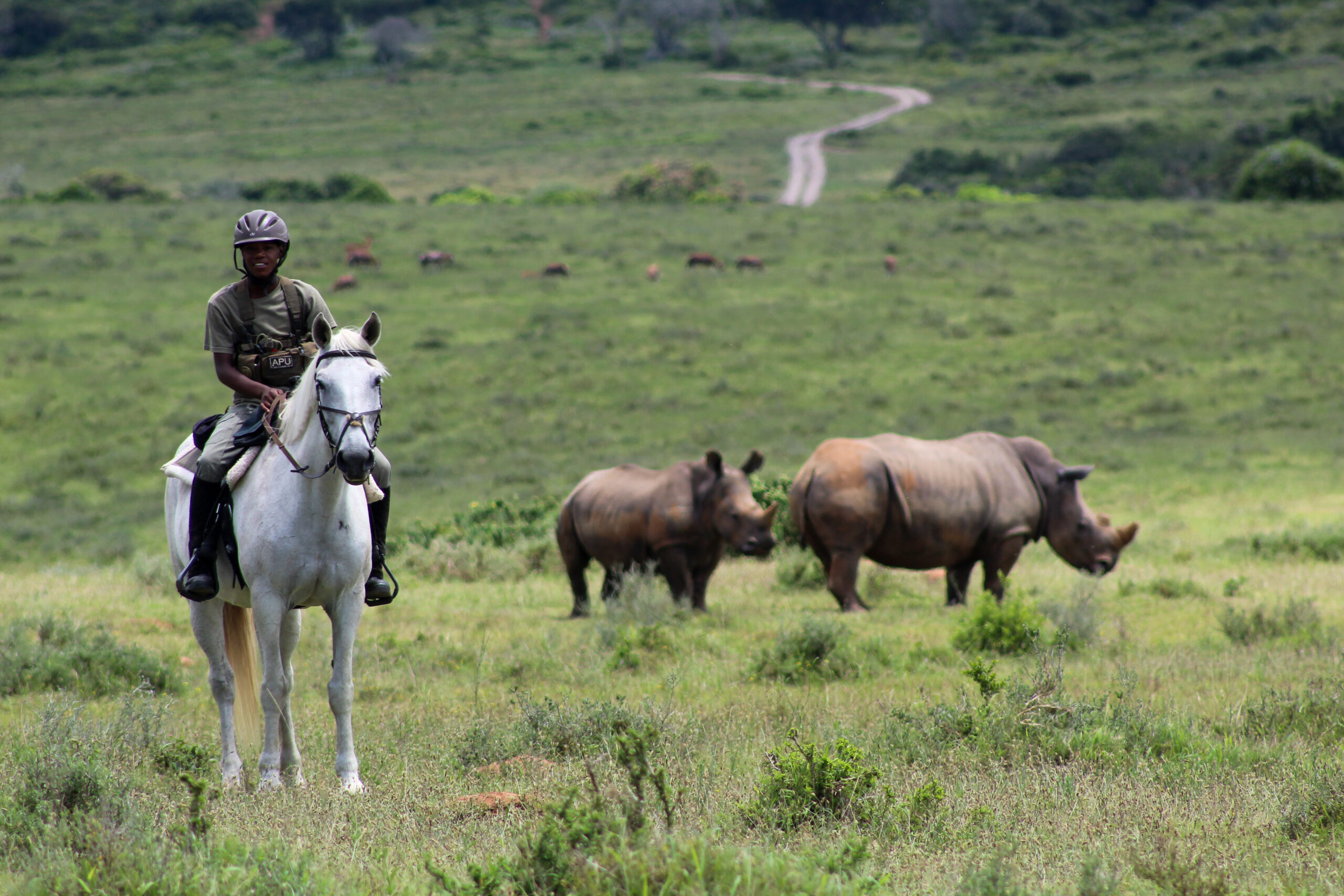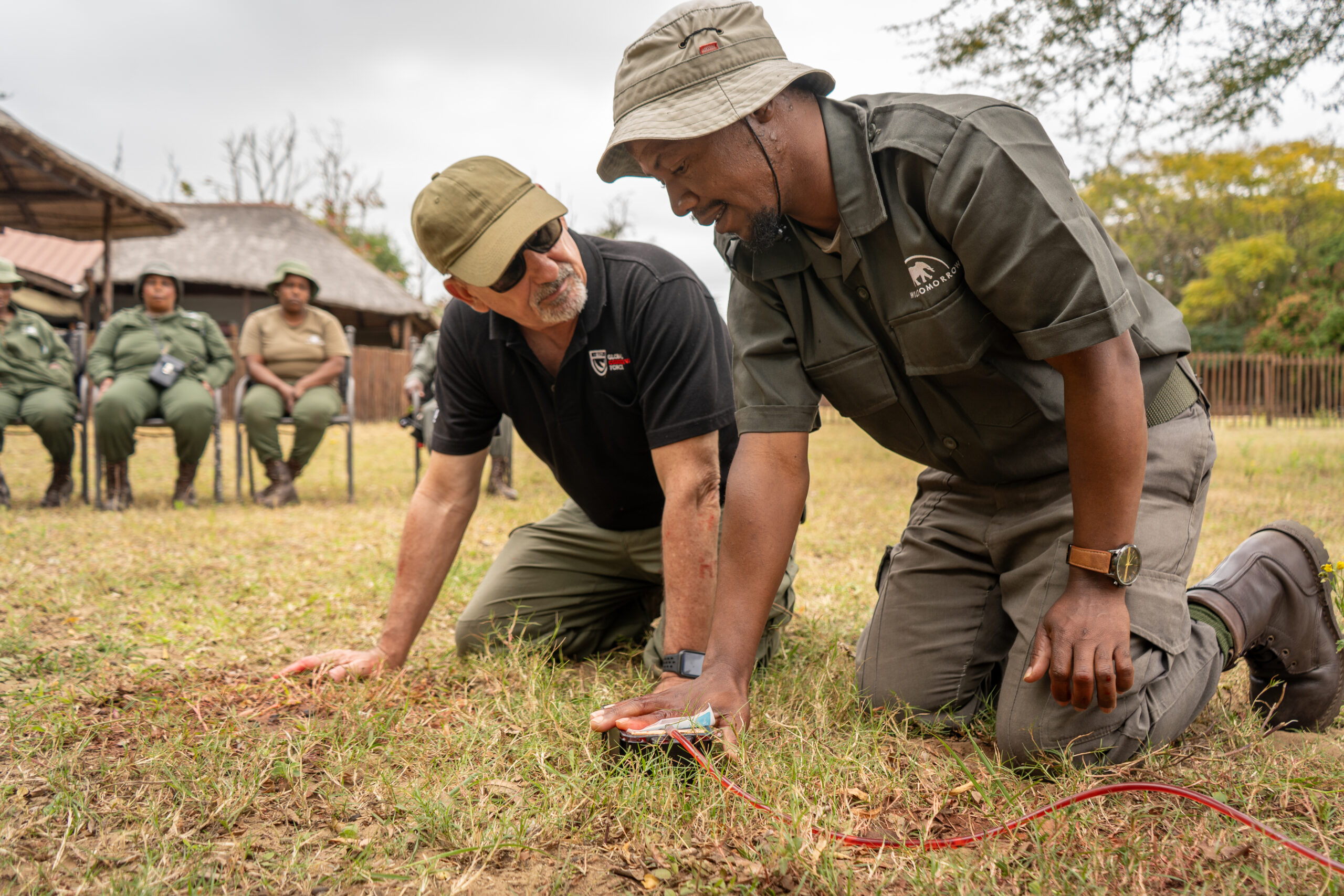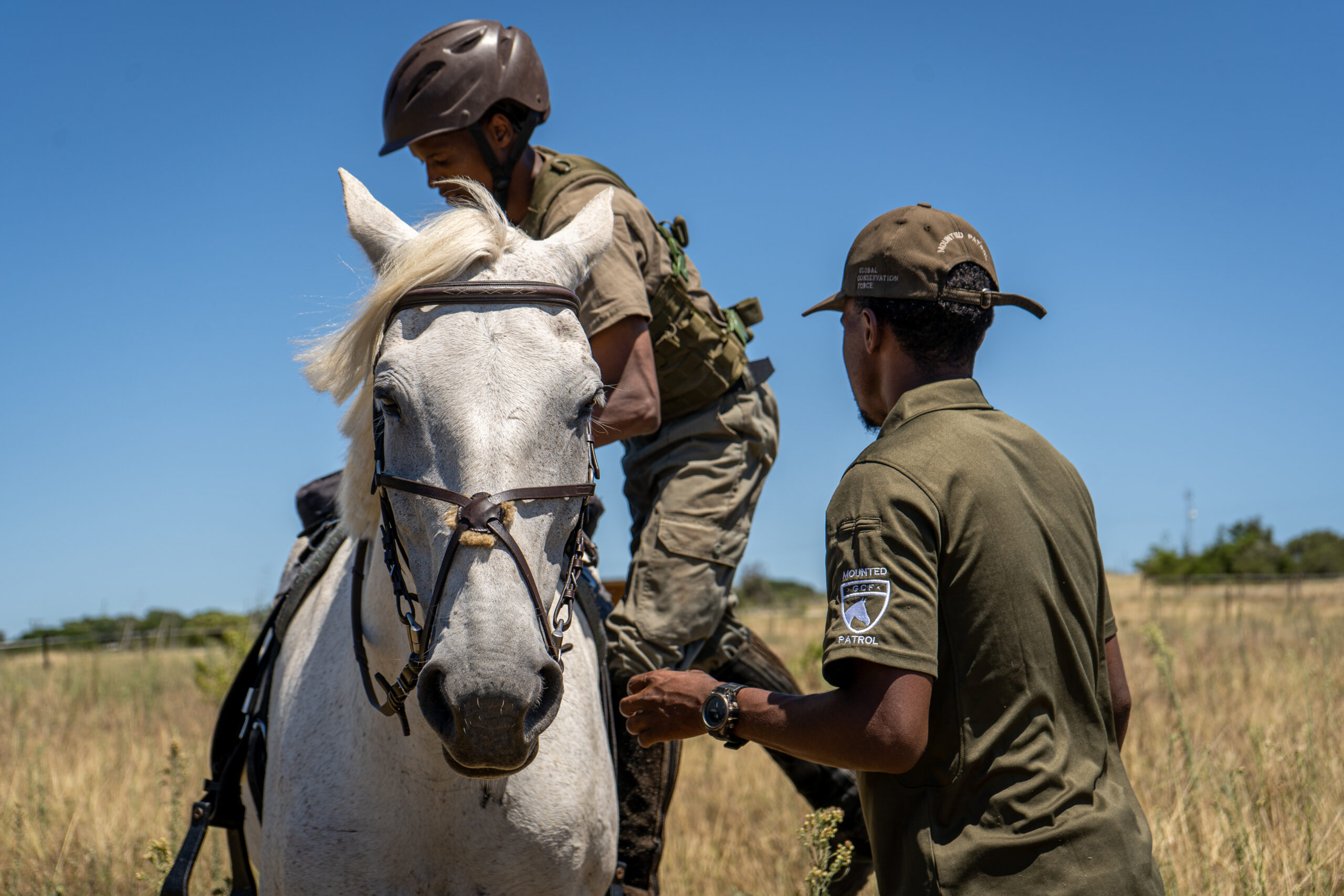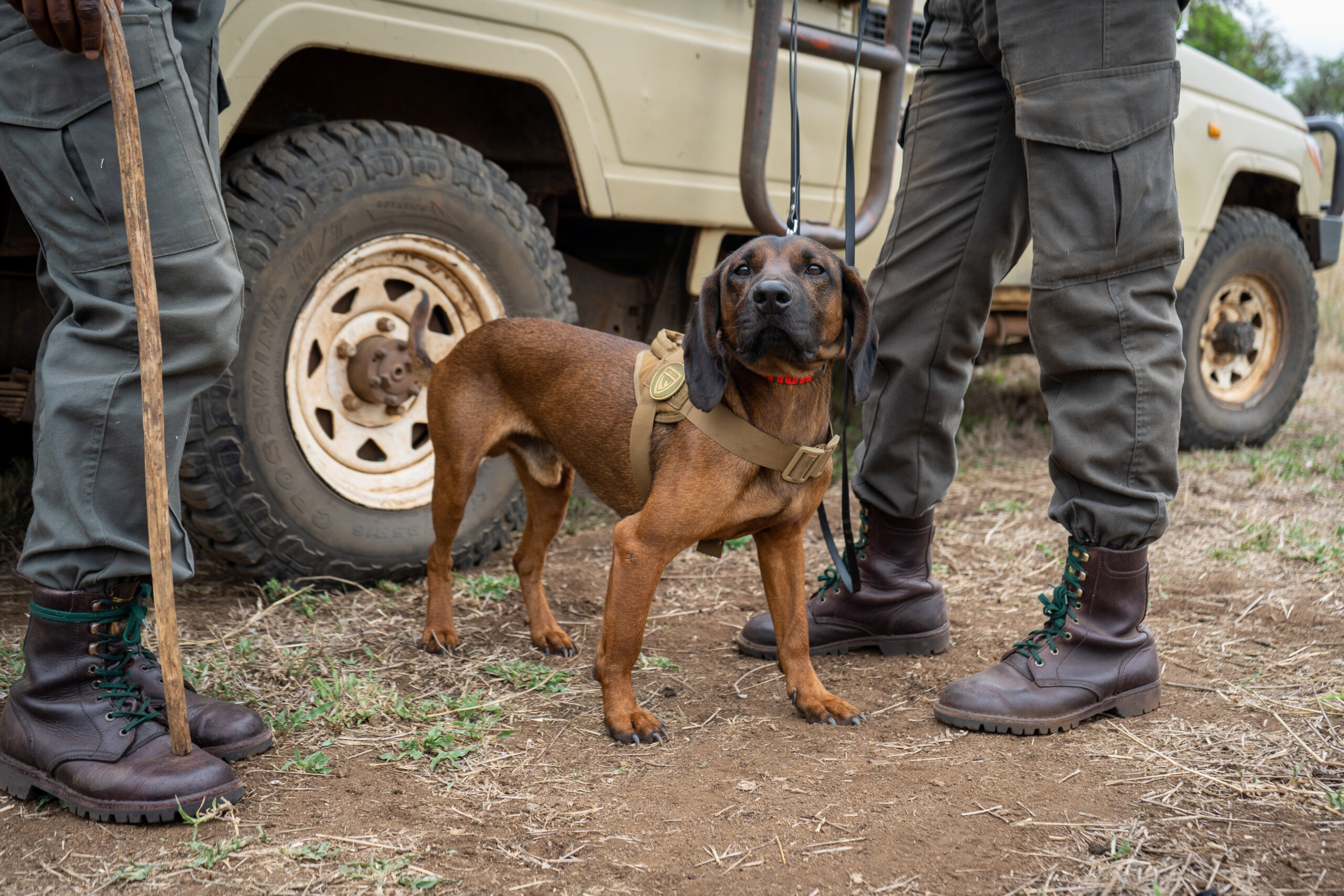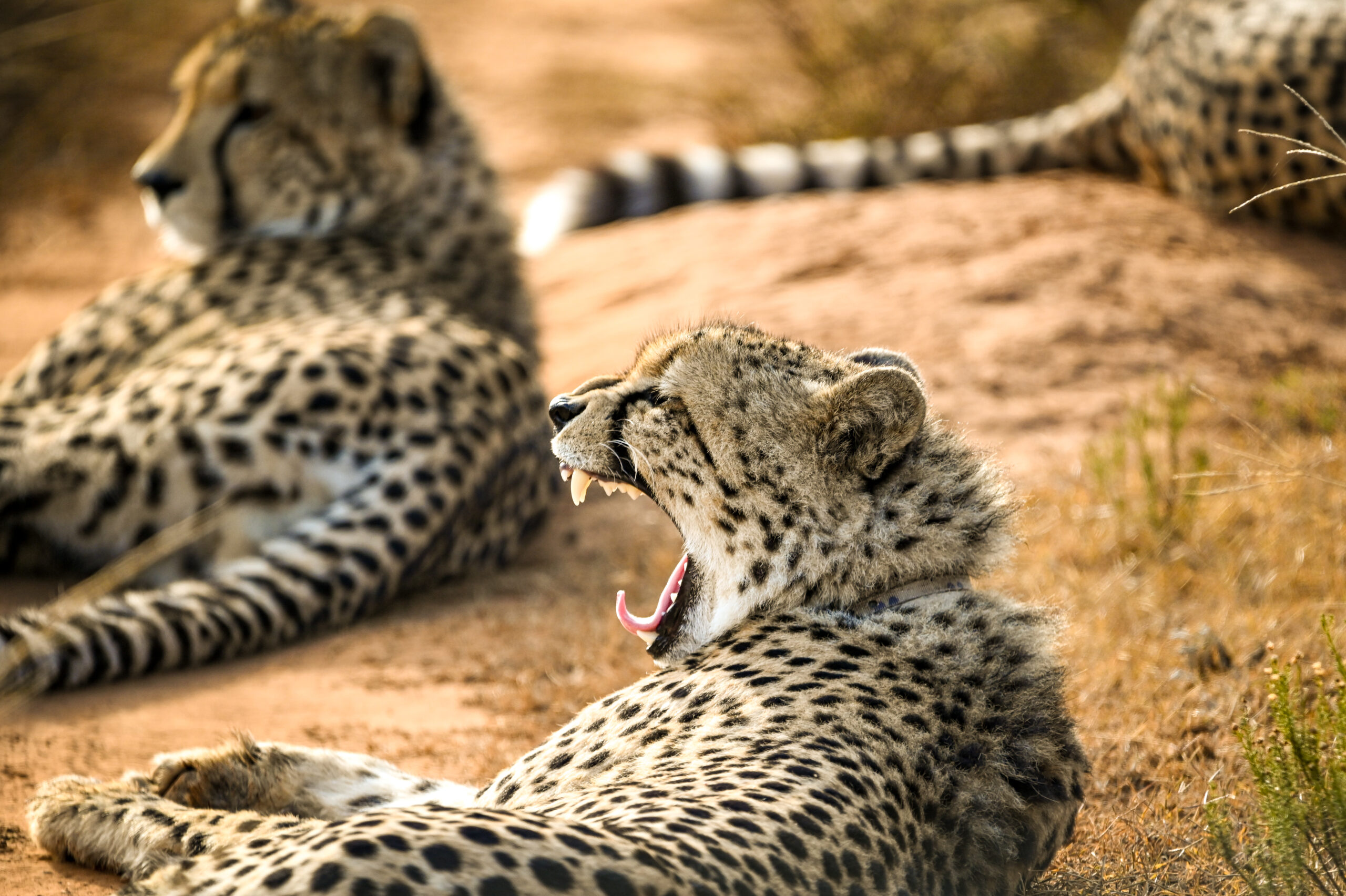World Pangolin Day 2020
Saturday, February 15, 2020 is World Pangolin Day!
Not an anteater, nor an armadillo, the pangolin is most closely related to modern-day carnivores! However, they have fulfilled niches in their habitats quite similarly to anteaters and armadillos in South America. Pangolins are exclusively insectivorous, meaning they consume only insects, sometimes tens of thousands in one day! They are protected by overlapping keratin scales, covering their bodies and are the only “true” scaled mammal. These scales not only protect them from bites of angry ants or termites when the pangolin is feeding but also from predators. When a pangolin feels threatened, they curl up into a ball and only the scales are exposed. These keratin scales are strong enough to protect a Cape Pangolin from a lion bite, however, they are the primary reason the pangolin is in trouble.
Falsely believed to have medicinal powers, pangolin scales are used in traditional Chinese medicine. As we know from rhino horn, keratin is the same material human nails and hair is made of and possess no pharmacological properties. In many Asian countries, the ability to order, purchase, or consume pangolin meat is a sign of high social status and is often served as a delicacy. Pangolins are suffering local pressures in Africa as well, as the Asian species are becoming less prevalent – poachers have to look elsewhere. In Africa, there still are local threats too; their scales are used in jewelry or decorations and they are often killed for the bushmeat trade.
Poachers are removing pangolins from the wild at alarming rates. Nearly daily, there are reports of confiscated pangolins in mesh bags being smuggled across borders and tons of scales being hidden inside shipping containers. This has led to pangolins being deemed the most illegally trafficked mammal world-wide.
Until recently, pangolins were largely unheard of outside of the conservation & wildlife community and their numbers were silently dwindling towards extinction. However, with the novel Coronavirus outbreak in China, pangolins have begun to enter the spotlight in news reports worldwide as the possible transmitter of the deadly disease. A possible link between pangolins and the novel Coronavirus has been announced, leading to many questions on how this will affect pangolin populations, consumption, trade, and demand – and if it truly is the source of the epidemic virus that has now killed over 1,100 people in China (CNN, 2020).
On the surface, it appears to some that the association with novel Coronavirus may help pangolin populations stabilize. Consumers of pangolin products may begin to look elsewhere for delicacies, traditional medicines, and bushmeat – in turn reducing the demand for poaching. In another assumption, some worry that the association of pangolins with the deadly virus may cause humans to retaliate against the species out of fear. In either case, if the virus originated in trafficked pangolins, it will be difficult to trace as most evidence has been destroyed or dissolved into the black market. Until further scientific evidence on the origin of the novel Coronavirus is published, we can only hope for a reduction (or elimination) in demand for pangolin products from this point forward.
How You Can Help Pangolin
As World Pangolin Day approaches, you may be wondering how you can help? In this age of instant communication, public awareness and social media outreach is an invaluable tool for wildlife conservation. Please help us share information on wildlife trafficking and the plight of animals like the pangolin. If each of our Facebook followers tells 1 person about pangolins – that is over 11,000 new people to help us spread the message!
To directly help Global Conservation Force’s efforts for pangolin:
- Consider attending our Disney Trivia Night – Supporting Pangolin Conservation Efforts on Saturday, February 15 at Longship Brewery in San Diego!
- Purchase one of our many pangolin merchandise items, including our newest release t-shirt & tanks with an adorable pangolin image!
- Finally, you can donate directly to GCF
Thank you all for your support!
Lauren Ayres Martinez
GCF Pangolin Coordinator
CONNECT
- P.O. Box 956 Oceanside, CA 92049
- info@globalconservationforce.com
- EIN 474499248
- Copyright 2024. All Rights Reserved. Powered by Wild Media.

